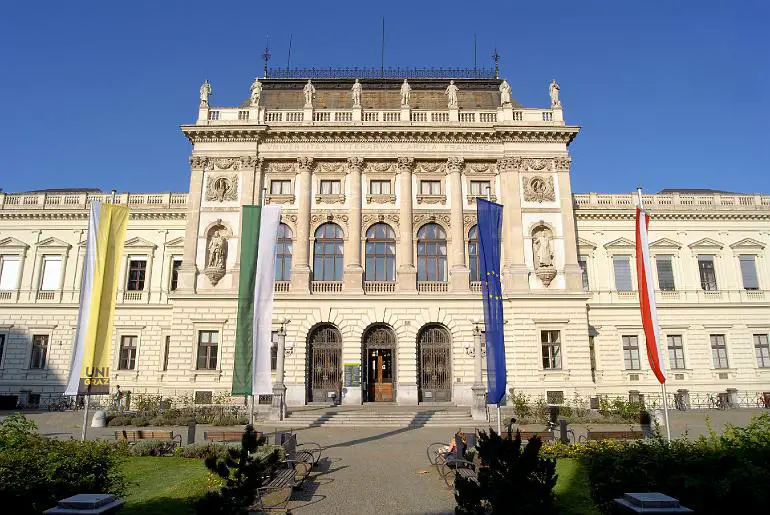Home > Countries >Austria

Austria for International Students:
Austria is a picturesque destination with a rich cultural heritage, offering excellent educational opportunities. Here are details for international students considering Austria:
Available Intakes:
Austria generally has two intakes: winter semester (starting in September/October) and summer semester (starting in February/March). However, the availability of programs and intakes can vary by institution and field of study.
Entry Requirements:
Entry requirements for undergraduate studies typically include a secondary school leaving certificate, while postgraduate studies usually require a relevant bachelor’s degree. Specific requirements vary by university and program.
IELTS Requirement:
While Austria generally accepts a range of English proficiency tests, including IELTS, TOEFL, PTE etc
For undergraduate: IELTS 6.0 – 6.5
For postgraduate: IELTS 6.5 – 7.0
Tuition Fees:
Some universities offer tuition waivers or reduced fees.
For non-EU/EEA students, tuition fees for undergraduate programs range from €700 to €20,000 per year, and for postgraduate programs, fees can vary from €700 to €30,000 per year..
Accommodation:
Accommodation options include student dormitories, shared apartments, and private rentals. On-campus housing costs can range from €200 to €600 per month, while private rentals may be higher, especially in major cities.
Scholarship:
Austria offers scholarships to international students at both the undergraduate and postgraduate levels. These may be provided by the Austrian government, universities, or private institutions. Scholarships can cover tuition fees and living expenses.
Programs Available:
Austria offers a diverse range of undergraduate and postgraduate programs, including arts, sciences, engineering, business, and more. Popular institutions include the University of Vienna, Vienna University of Technology, and the University of Graz.
Part-Time Job Opportunities:
International students in Austria are allowed to work part-time during their studies. EU/EEA students have unrestricted access to the labor market, while non-EU/EEA students are generally allowed to work up to 20 hours per week and 40 hours full time.
Post-Study Work Permit:
Austria provides a 12-months post-graduation work permit for international students after completing their studies. During this period, graduates can seek employment opportunities in Austria.
Permanent Residence:
International graduates who secure long-term employment may be eligible for permanent residence in Austria. Specific criteria, including continuous employment and language proficiency, must be met.
VISA Success Rate:
Austria typically has a high visa success rate. Success depends on meeting specific visa requirements, such as proof of acceptance into an educational institution, financial means, and health insurance.
Bank Statement:
You have to prove that you are capable of financing yourself during your stay for the duration of your study program. The amount required depends on the student:
Maturity: minimum 6 months
For students up to 24 years old: 632+ euros/month.
For students 24 years old and older: 1150+ euros/month.
For couples (both): 1800+ euros/month
For each child: 50+ euros/month.
Dependent Opportunities:
Dependents, such as spouses and children, can join international students in Austria (only postgraduate students can take dependents). They will need to apply for the relevant visa and meet specific requirements, including proof of relationship and financial stability.
Documents Needed for Application:
Common documents for application include a completed application form, proof of language proficiency, academic transcripts, a CV, letters of recommendation, a motivation letter, a valid passport, proof of financial means, and health insurance.
Why should you choose Austria?
Leading Universities in Austria: Here are the top 10 reputable universities in Austria known for offering quality bachelor’s and master’s programs for international students. Please note that rankings and reputations may change, so it’s important to verify the latest information:
Mail us at > info@eduxpert.co.uk | Call/WhatsApp > +8801759618595; +8801714080963; +8801728766299